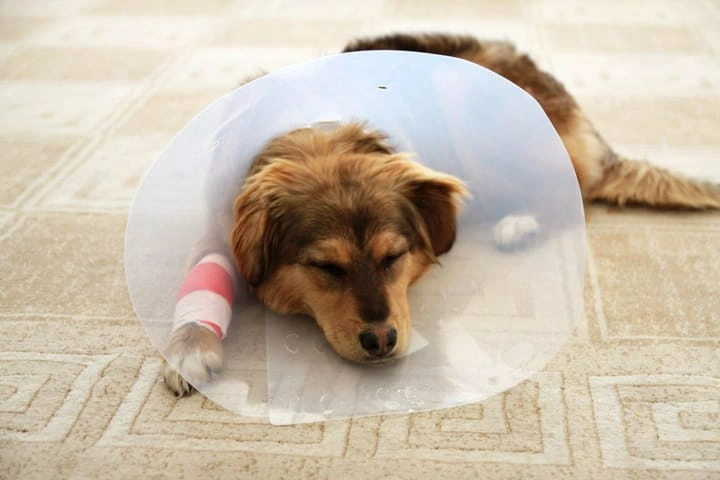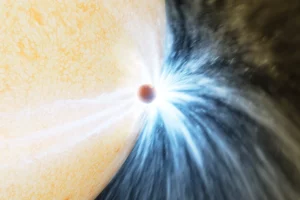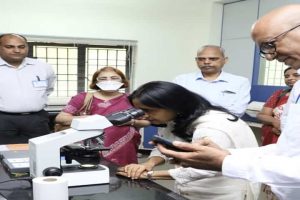Whenever an animal is seen licking its wounds most people react by saying that it is something natural for them to do so and that it helps heal the injury. All sorts of creatures, including dogs, mice, ants and cats do it. Why do they do it and does it truly help questions a report in livescience.com?
Creatures indulge in this action since licking brings a sense of self-soothing and the spit has attributes that assuage. Dr. Benjamin Hart, who is a retired veterinarian and University of California, Davis professor emeritus stated that licking is an instinctual response which has come across through evolution and it gives relief from pain and irritation, while also accelerating the healing process.
Yet in the case of pets including dogs this can be ineffectual as modern medical science enables better treatment of wounds.
University of Minnesota’s animal behaviour expert and vet, Dr. Kristi Flynn observed that for animals "without thumbs or medication”, licking is "the best they probably have”. It helps remove stray skin bits, dirt from the injury and also ease soreness, Flynn added.
Talking to Live Science Flynn said: "When [animals] feel pain, it's a natural inclination to try to soothe an area.” Speaking in the same vein, Hart remarked: "Licking wounds is an instinct in dogs that goes way back to the wolf ancestor. They've got a wound; they've got an instinct to lick it: keep it clean and wash off the dirt and the grime."
Studies done by Hart and many others showed that saliva of some animals including human beings has properties that are antibacterial and are capable of promoting tissue and nerve growth that speed up healing.
Dog saliva for instance, kills Streptococcus canis which infects animals and E. coli bacteria. Likewise, the spit of rodents promotes skin growth and wound closure.
Given the fact that modern medicines have achieved much for humans and animals, the licking of wounds does more harm than good. No wonder the pets at home are made to wear collars to ensure no licking takes place. This action can harm sutures and even pull them out. Dogs are more likely to do this thereby slowing healing and at times preventing it. Remarking on this Flynn said: "They make a mountain out of a molehill and just don't have the judgment to stop.”
This action of licking also introduces bacteria from the mouth to the injury area.
The question arises then why did this mechanism come into being?
Answering this, Hart replied: "Things that evolve aren't 100% correct. They have to be useful 75% of the time or 50% of the time, and they'll still be maintained by natural selection because it's better than nothing."
Thus, licking may be good for creatures in the wild where no other means of healing are available but for pets the veterinarian is there.




















